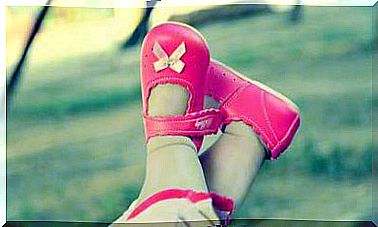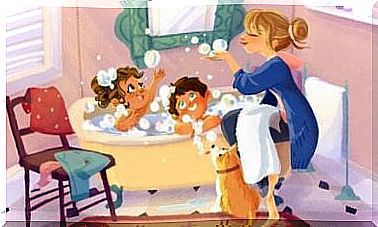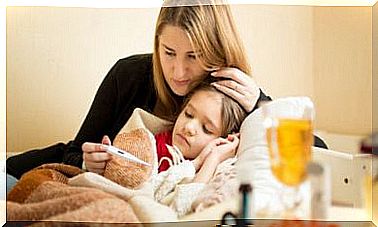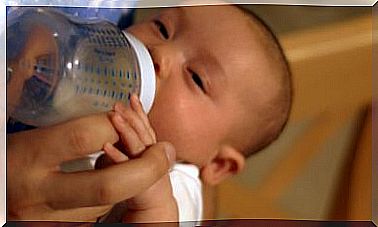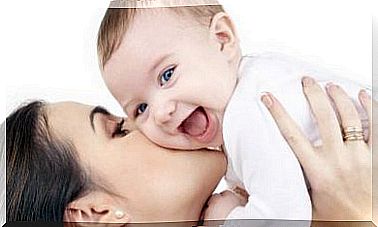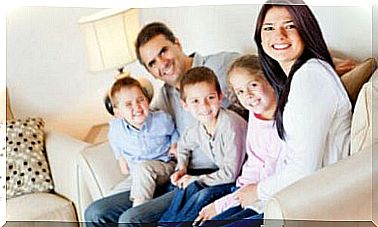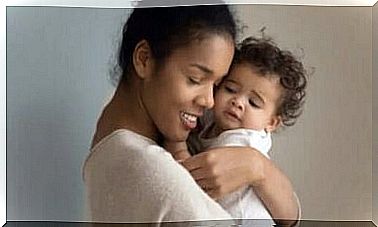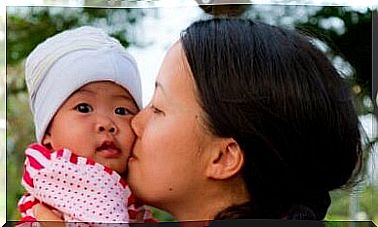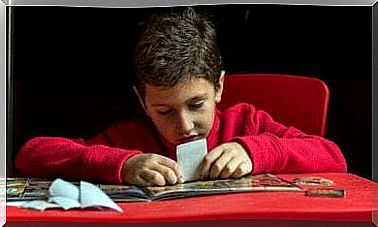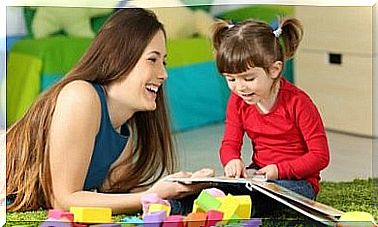Pedagogy Of Free Time: What Is It About?
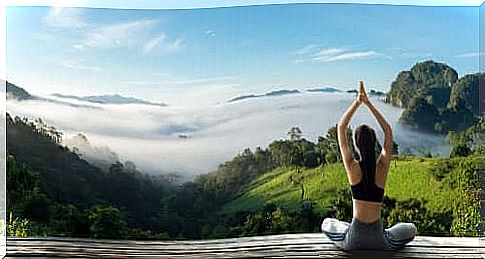
The pedagogy of free time aims to educate in, about and for moments of leisure, considering that not all the free time we have outside the strict working hours is fun.
There is a time in our life that must be invested in satisfying biological needs, travel, household and family or administrative chores.
Outside of this time allocated to work and other needs and obligations, the rest of the free time we have must be considered as a time of special value. An education that teaches how to make a satisfactory use of it is therefore necessary.
Free time pedagogy: what does it consist of?
Leisure Pedagogy is a branch of pedagogy charged with studying people’s leisure and free time. The goal is to teach and direct individuals to carry out profitable, fruitful and profitable occupations and activities during their free time.
According to Pérez Serrano (1988), “the education of free time is a cathartic tool that leads the person to adopt an open, free and committed conduct with the construction of his own reality”. The author argues that the purpose of free moments is, in fact, freedom and the goal of free time education does not consist in carrying out training activities that keep us busy, but in enhancing the educational dimension.
To be exact, the International Charter for Leisure Education , 1993, regarding school educational contexts, proposes to include subjects that are appropriate and relevant to the study of leisure. But also to promote the inclusion of this concept in all educational and cultural activities, inside and outside the school.
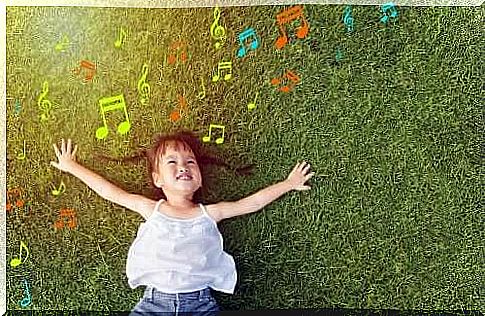
Pedagogy to make free time a moment of development
In today’s society, and thanks to technology, a great industry has been built around leisure and free time. There is an abundance of offers and advertisements whose primary objective is consumption and economic benefits, and not the consideration of leisure as a source of development.
The pedagogy of free time seeks the exact opposite: educating to ensure that people conceive their free time as a valid moment to enjoy conscious leisure and in which one’s well-being is considered important.
In this sense, Westland (1987), quoted by Mendo (2000), explains why, what and how leisure education should be conducted.
- Because : “being” is more important than “seeming”, “creating” is more meaningful than “consuming” and “participating” is more important than “seeing”.
- What : People need to learn the meaning of leisure and recreation, and include it as a form of life.
- How : through education and teaching centers with specific pedagogical activities. Individuals need to be educated to understand the important role leisure time plays in personal development.
Leisure and free time activities
Leisure pedagogy is based on certain criteria regarding the consideration and planning of leisure activities.
First of all, this branch of pedagogy aims to make us critical of the great offer of pastimes, therefore to enable us to analyze and know how to choose what really interests us and bring us something positive.
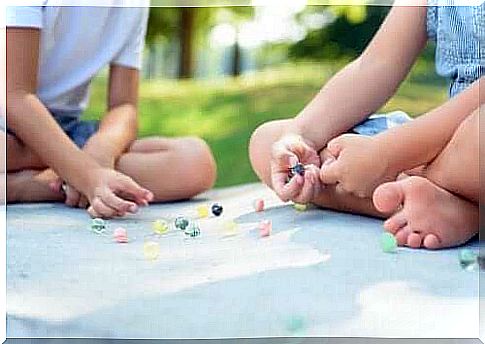
Secondly, the use of free time and the activities we choose to do must make us feel truly happy. Free time must act as compensation and as a balance in the face of deficits, frustrations, disappointments and fatigue to which we are subjected during our daily life.
In addition to travel, which is an increasingly diversified leisure offer, nowadays there is also a large recreational offer. This is made up of several activities that present important educational and personal and social development factors. Examples are local festivals, activities in nature such as camping or hiking, cinema and theater, sport or associations with playful and recreational components.
Final remarks
Enjoying free time is directly related to taking care of your health. And it is precisely the pedagogy of free time that takes on the task of forming individuals who recognize the need for optimal enjoyment of their moments of leisure.
In addition to the connotation of time for fun and rest, a conscious use of free time allows us to acquire new knowledge. Knowledge that activates social participation, fosters creativity and helps prevent risky behaviors.
